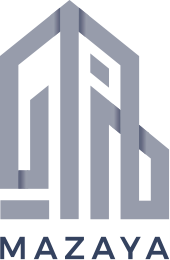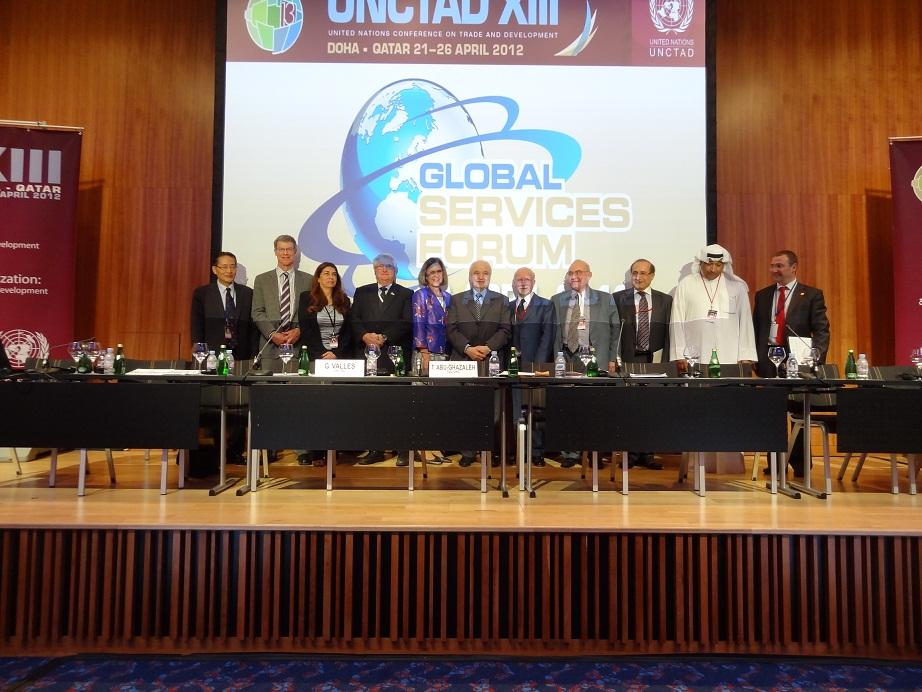Seraj Al Baker, CEO of Mazaya Qatar Real Estate Development Company gave a presentation to the Global Services Forum entitled “Financial services and regulatory challenges with respect to Islamic Banking” – discussing the progress, prospects, opportunities and risks facing the Islamic Banking industry.
The questions Al Baker posed to the audience were broad and challenging: What will be the prospects for Islamic banking in the 21st century? Will regulation increasingly become an issue in Islamic banking in the years ahead? Will the on-going regulatory reform at international level, such as Basel III, affect banks providing Islamic banking service? What should be done by countries in order to enhance financial inclusion and intermediation, and contribute more broadly to financial stability and development?
Al Baker began by laying out the playing field, as it were. Citing the World Islamic Banking Competitiveness Report, he noted that Islamic Banking assets with commercial banks, globally, are expected to reach $1.1 trillion in 2012 (up from $826bn in 2010).
In the Middle East and North Africa alone, he said, the Islamic Banking industry was already worth $416bn in 2010, but by 2015 that figure is expected to jump nearly 140 per cent, to $990bn, including $291bn in Saudi Arabia, $156bn in the UAE and $140bn in Iraq. There are now 310 Islamic banks operating in 75 countries, and while conventional banking across the GCC has a 9% growth rate per annum, Islamic Banking is increasing by 20% each year.
Bringing the discussion towards macroeconomic issues, Al Baker observed that recent studies have shown that Islamic banks fared better than conventional banks through the post-2008 financial crisis, attributing this performance to several factors: the appointment of a Sharia’a Board to assure compliance with Islamic law, the use of a Sharia’a auditor to ensure adherence in implementation, and the Mudarabah contract – which makes the depositors partners and aligns their interests with those of the bank and the bank’s shareholders.
This places, said Al Baker, “special risk management requirements on Islamic banks to protect themselves, their shareholders and their depositors against losses” adding that for conventional banks, the collection of interest and interest upon penalties can act as a disincentive to take necessary corrective action.
Finally, Al Baker spoke of the role of innovation in Islamic Banking. In Islam religious practice is specified right down to the frequency of prayer, but when it comes to financial thinking and engineering everything is created and labeled “halal”, until and unless after review the mufti deem it to be “haram”.
The presentation was given in Doha at the Global Services Forum, which takes place at the start of the UNCTAD session. The GSF brings together leaders in governments and businesses to address new paths and strategies to harness the services economy for economic growth and inclusive and sustainable development. The participants will include ministers, trade policymakers and negotiators, international organizations (including the World Trade Organization, the Organization for Economic Cooperation and Development, the World Bank, the Secretariat of the African, Caribbean, and Pacific Group of States, and the Commonwealth Secretariat), business leaders, as well as coalitions and associations of service industries (including the China Association of Trade in Services, the Australian Services Roundtable, the Caribbean Network of Service Coalitions, the Burundi Services Association, and the European Services Forum) and representatives of civil society.

